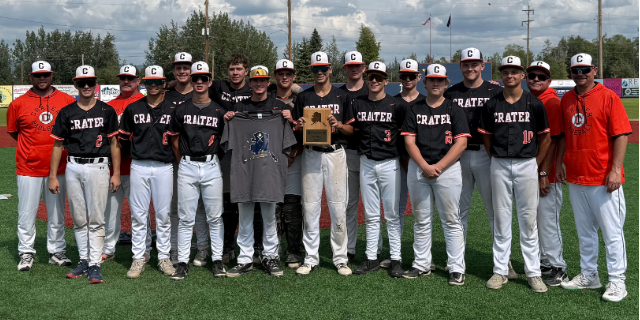GUEST COLUMN: Oregon AG should reject settlement with Purdue Pharma, Sackler family
Published 6:00 am Tuesday, May 13, 2025
Oregon Attorney General Dan Rayfield will soon consider whether to join a $7.4 billion multi-state agreement settling claims against Sackler family members and their company, Purdue Pharma, for their role fueling the nation’s devastating opioid epidemic.
Rayfield should decline. The proposed agreement does not come close to holding the Sacklers accountable for the misery they caused and allows them to retain much of the wealth they built from Purdue’s aggressive promotion of the highly addictive opioid Oxycontin. As the former Oregon Justice Department attorney who led Oregon’s opioid litigation for 21 years until my retirement last month, I urge Rayfield and his counterparts in other states to reject this settlement. They can negotiate a better deal that more adequately recognizes the nearly 1 million Americans who lost their lives in the decades-long opioid crisis.
The proposed settlement is certainly attention-grabbing. It calls for the Sacklers to personally pay up to $6.5 billion to states, local governments and others who have filed suit against the family or the company and would be supplemented by about $900 million from Purdue Pharma. The money, which would be paid out over time, would fund opioid addiction, treatment and prevention programs. And the Sacklers would no longer own Purdue, nor could they control any successor companies.
But the deal lets the Sacklers — who have siphoned $11 billion from Purdue into accounts they control — keep billions. The proposed settlement also earmarks $800 million to pay for the Sacklers’ litigation costs against anyone who rejects the settlement. And the states that join the settlement would be aligning themselves with the Sacklers against holdouts who want to demand greater accountability.
History shows why we should push for a tougher deal. Oregon and other states have been investigating and prosecuting Purdue since 2004 for its promotion of highly dangerous opioids. In 2007, Purdue entered into settlements with Oregon, 26 other states and the federal government to end its deceptive marketing of Oxycontin, which Purdue falsely advertised as safe and less addictive than other opioids.
But those settlements did not work. Court documents allege that Purdue and the Sacklers explored other ways of drumming up sales, including targeting doctors known for their willingness to write prescriptions for the company’s opioids. Since 2010, 11,500 Oregonians and more than 950,000 US citizens have died of drug overdoses.
The failure of the settlements to curb Purdue’s actions prompted then-Oregon Attorney General Ellen Rosenblum to file three additional lawsuits, including a 2019 complaint against the Sacklers for transferring billions out of Purdue to accounts and trusts the family controlled. Purdue, facing a flood of lawsuits from states, cities and individuals, filed for Chapter 11 bankruptcy a few months later.
Despite its shortcomings, I expect most states will join this settlement. There is a tremendous amount of “Purdue fatigue.” It has been five years since the start of the bankruptcy. States have limited resources and there are other critical issues that demand attention. And there are always serious risks to litigation. These make for a compelling argument to just take the money and move on.
But justice requires more than a short-term calculation of costs and benefits. As the chief law enforcement officers of their states, attorneys general should demand justice — for the lost lives, devastated families and human tragedy caused by the Sacklers. This settlement does not come close to providing it.
David Hart served as an assistant attorney general at the Oregon Department of Justice from 2000 until his retirement last month. As the head of DOJ’s opioid litigation and recovery/pharmaceutical fraud unit, he has represented Oregon in opioid litigation and negotiations since 2004. He lives in Lake Oswego.








